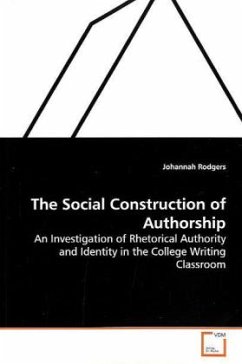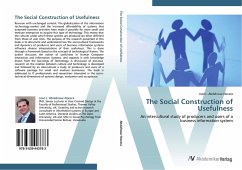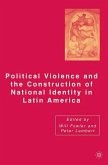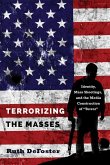Although we use the term author on a daily basis to
refer to certain individuals, bodies of work, and
systems of ideas, as Michel Foucault and other
critics have pointed out, attempting to answer the
question What is an Author? is by no means a simple
proposition. And, starting from the position that
there is no single, or definitive answer to this
complex question, this book seeks to contribute to
the ongoing discussion of the genealogy of authorship
by investigating the ways in which conceptions of the
author have informed models of the writing subject in
the field of rhetoric and composition and the ways in
which composition students define and relate to these
models.
refer to certain individuals, bodies of work, and
systems of ideas, as Michel Foucault and other
critics have pointed out, attempting to answer the
question What is an Author? is by no means a simple
proposition. And, starting from the position that
there is no single, or definitive answer to this
complex question, this book seeks to contribute to
the ongoing discussion of the genealogy of authorship
by investigating the ways in which conceptions of the
author have informed models of the writing subject in
the field of rhetoric and composition and the ways in
which composition students define and relate to these
models.








